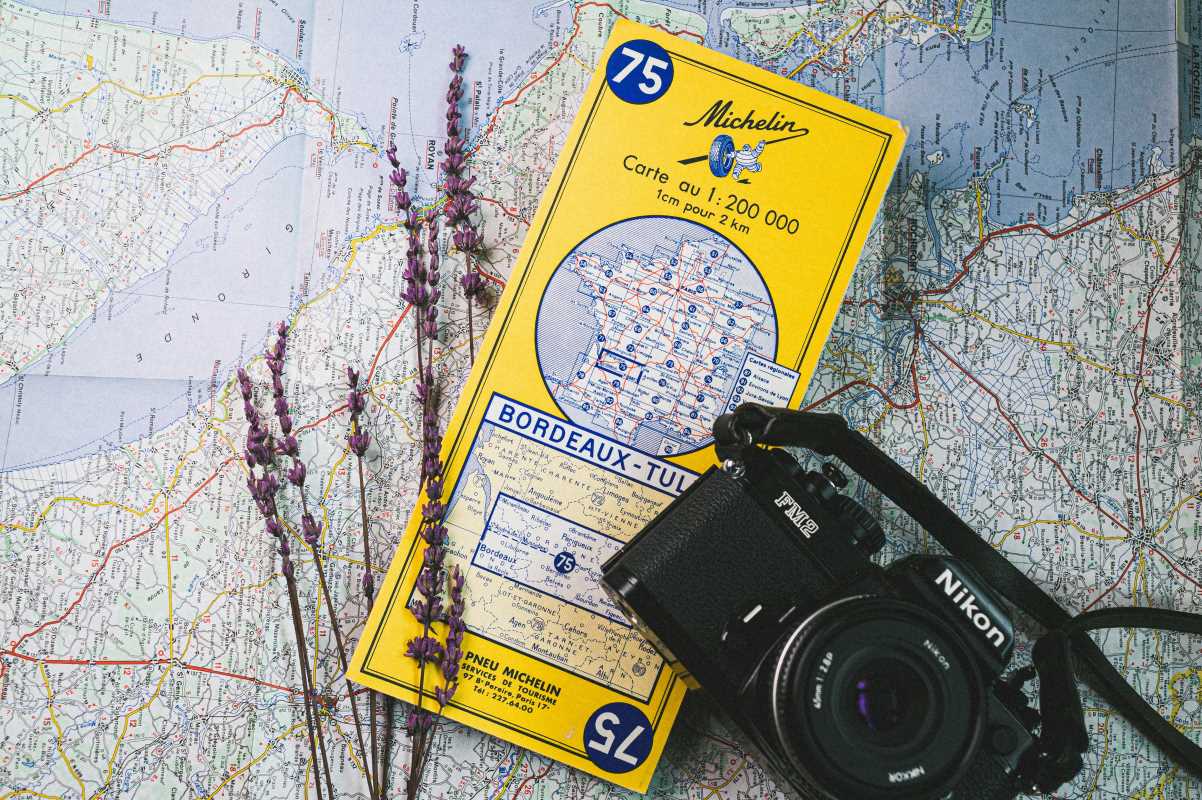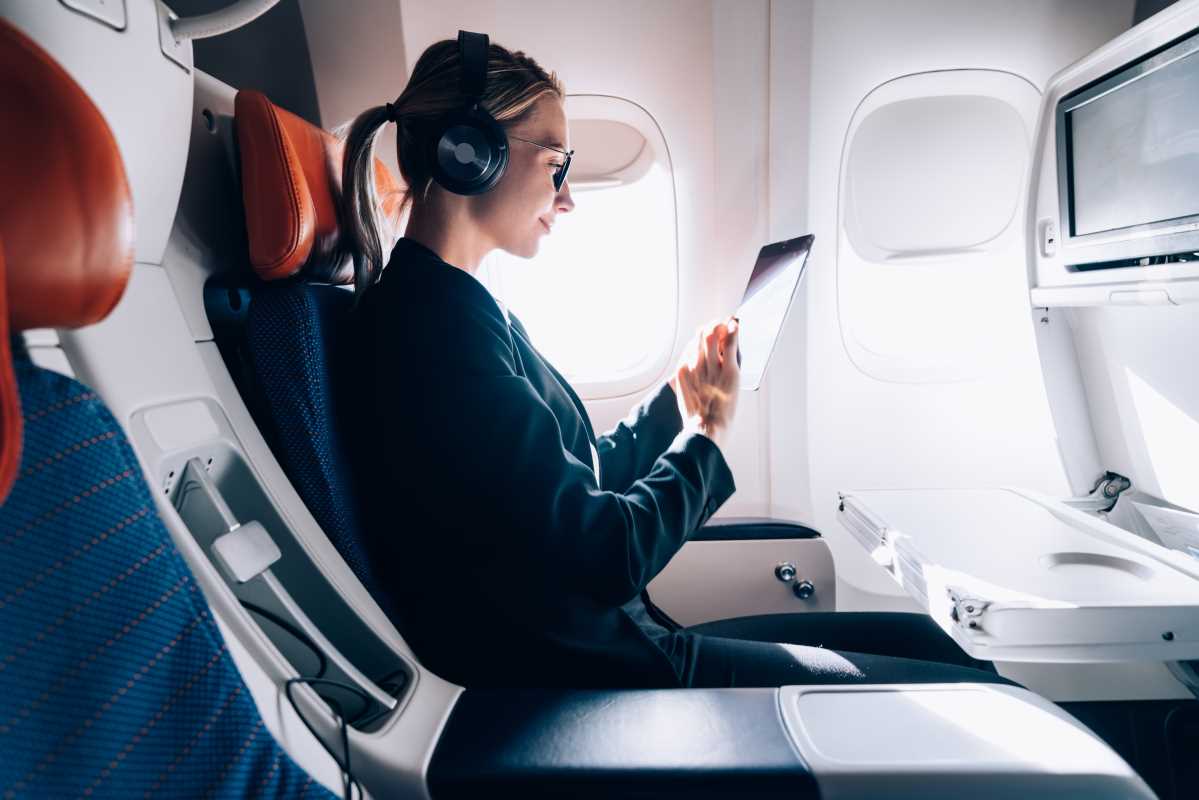Traveling can be an exciting adventure filled with new experiences and memories. However, unexpected mishaps can occur at any time, causing stress and disruption to your plans. Staying prepared for these unforeseen circumstances can help minimize the impact and ensure a smoother travel experience. Here are some key tips on how to stay prepared for unexpected travel mishaps:
Flight Delays and Cancellations
Flight delays and cancellations are common occurrences that can disrupt your travel plans. To stay prepared, always check your flight status before heading to the airport. It's also a good idea to have a backup plan in case of delays, such as booking a hotel near the airport or having a list of alternative flights ready.
Lost or Stolen Documents
Losing your passport, ID, or other important documents while traveling can be a nightmare. To prepare for this mishap, make copies of your essential documents and store them separately from the originals. Additionally, consider using a digital copy stored in a secure cloud service for easy access in case of emergencies.
Health Emergencies
Dealing with a health emergency while traveling can be stressful, especially in a foreign country. To stay prepared, pack a small first aid kit with essential medications, bandages, and other medical supplies. It's also a good idea to have travel insurance that covers medical expenses and emergency evacuation.
Natural Disasters
Natural disasters such as hurricanes, earthquakes, or floods can occur unexpectedly during your travels. Stay informed about the local weather conditions and emergency procedures in the area you're visiting. Have a plan in place for evacuation or seeking shelter in case of a natural disaster.
Transportation Issues
From car breakdowns to missed trains, transportation issues can throw a wrench in your travel plans. To stay prepared, research alternative modes of transportation in advance and have a backup plan in case of delays or cancellations. Consider downloading transportation apps for real-time updates and information.
Communication Challenges
Language barriers and communication challenges can make navigating a foreign country difficult. To stay prepared, learn basic phrases in the local language or carry a translation app on your phone. Keep a list of emergency contacts, including local authorities and embassies, in case you need assistance.
In conclusion, preparation is key to handling unexpected travel mishaps effectively. By following these tips and staying proactive, you can minimize the impact of unforeseen circumstances and enjoy a stress-free travel experience. Remember to stay calm and flexible when faced with challenges, and always prioritize your safety and well-being while traveling.







